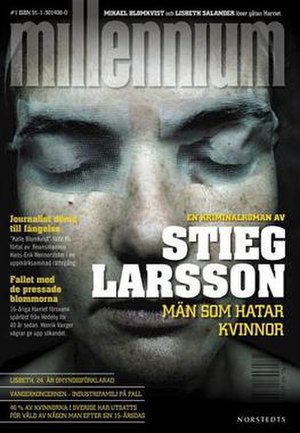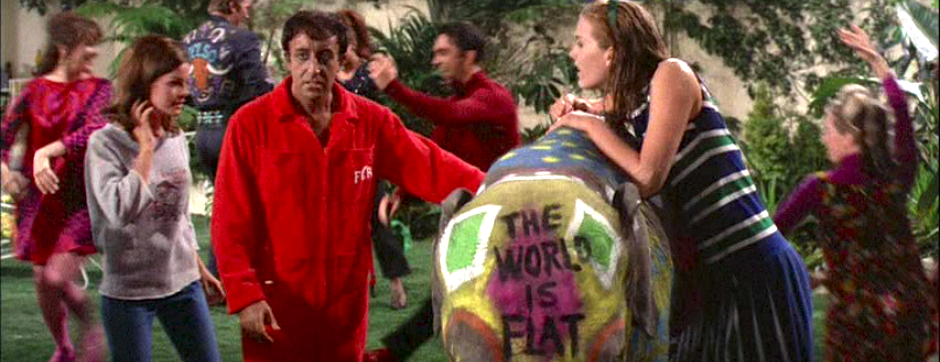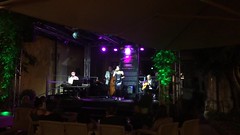It is widely known that titles of books, films and other works, are often translated very liberally. Sometime, they are literal; sometime they are extravagantly different. “War and Peace”, rest assured, is literally the same title in all languages, at least in those languages of the Western world.
So, it is somewhat interesting when some books, especially if bestsellers, get their title translated or changed considerably. First example, I’m sure widely known, is from the famous Harry Potter series. The first book’s title in the US is “Harry Potter and the Sorcerer’s Stone“, which is a fine title, no doubt. However, the bell rings after noticing that the UK original title is “Harry Potter and the Philosopher’s Stone“. The old idea of the Philosopher’s Stone (the lapis philosophorum, “a legendary alchemical substance, supposedly capable of turning metal into gold”, La piedra filosofal in Spanish; La pietra filosofale in Italian) is thus abruptly taken from quite many kids from the US. Perhaps the American publisher thought US kids might have difficulty with this idea, while their British or Australian pals certainly have not. I haven’t read the book, so I don’t know if the book in US-English talks about the Philosopher’s Stone or not: it is however a curious caase of difference between the American and the British English worlds. Also, in other languages, the Philosopher’s Stone remained as such.
Another interesting case, much more recent, is the title of the first book of the ultra-famous Millennium series from the almost unknown Swedish writer Stieg Larson. The first book in the US is “The Girl with the Dragon Tattoo“. Good. Pity that the original title is Män som hatar kvinnor, literally “Men who hate women“, a binding title, no doubt! A hard title, one which is bound to be remembered. Might be that in the US such a title could be considered offensive or reproachable?

- Image via Wikipedia
In Spanish, though, the title was rendered into the innocuous Los hombres que no amaban a las mujeres, “Men who did not love women“, which is placed in the past and opts to avoid the word “hate”. Same spin in the French title, Les hommes qui n’aimaient pas les femmes, but both Portuguese and Italian are faithful to the original: Os Homens que Odeiam as Mulheres, and Uomini che odiano le donne.
Well, how’s the book? I’m reading it, so I’ll tell later.


![Reblog this post [with Zemanta]](http://img.zemanta.com/reblog_e.png?x-id=9c5c2942-5b87-45a6-bf5e-cc2c1e6b7935)


